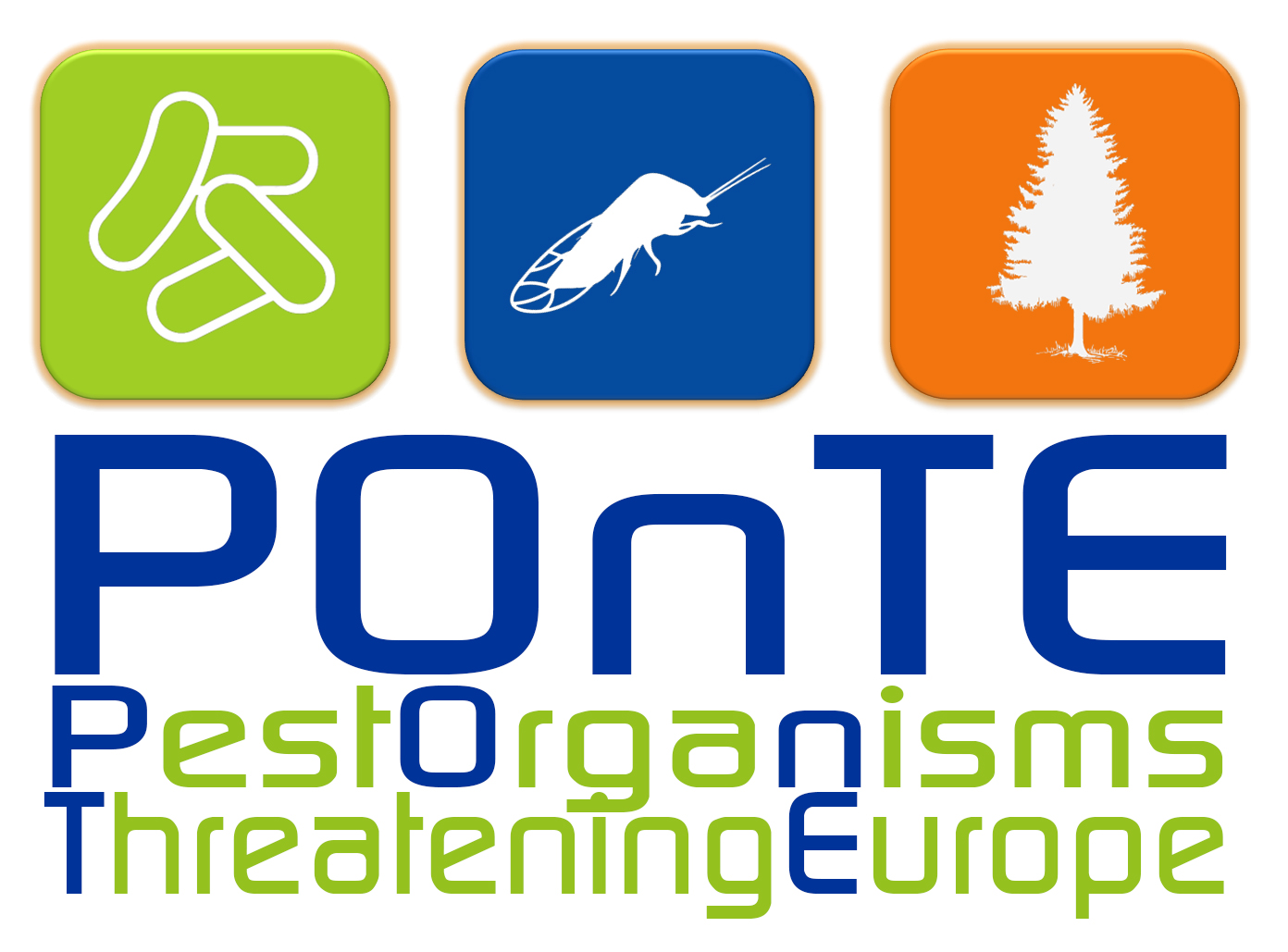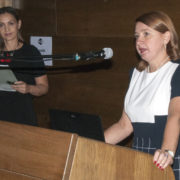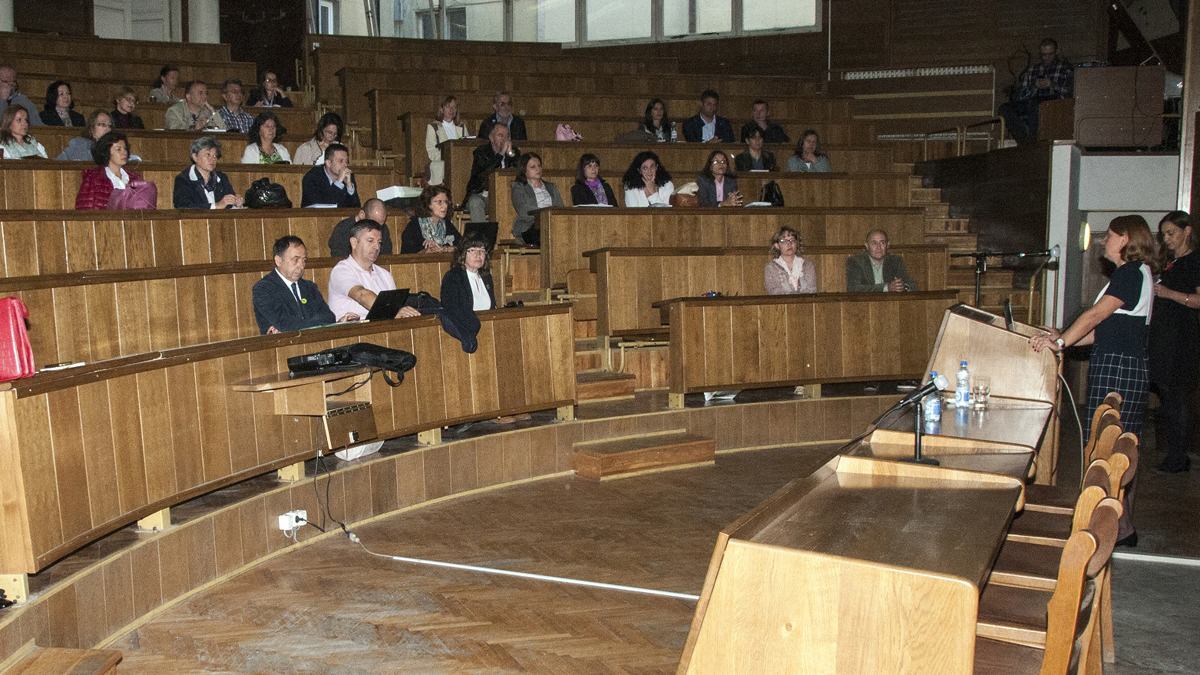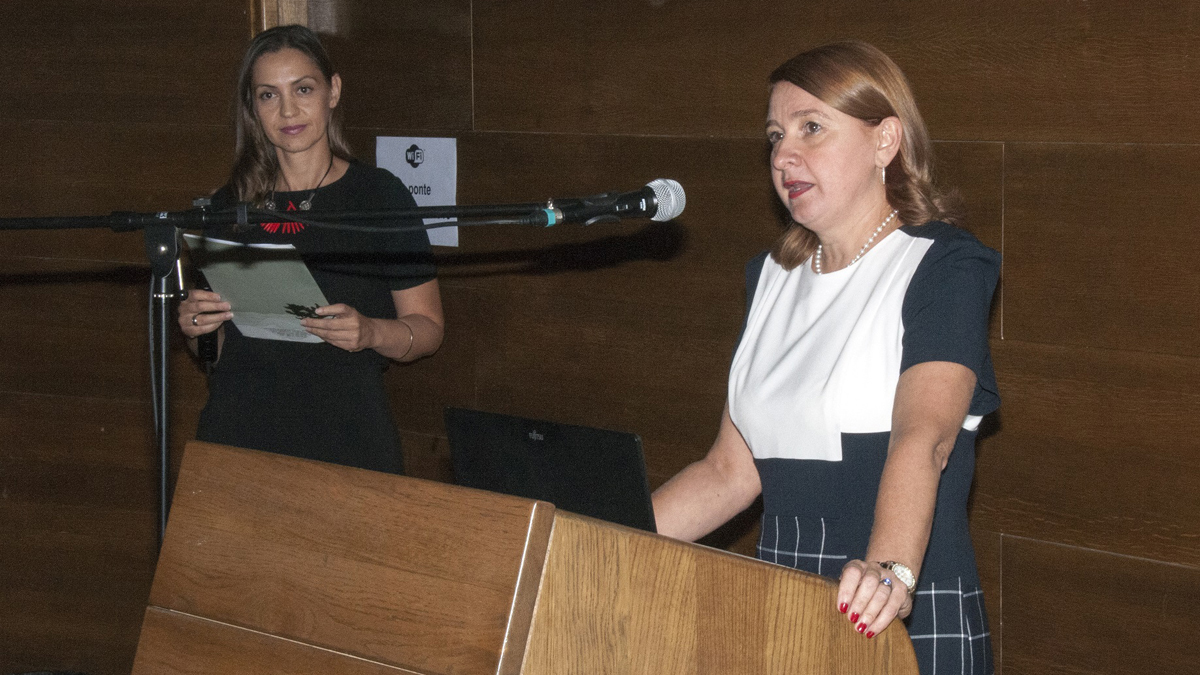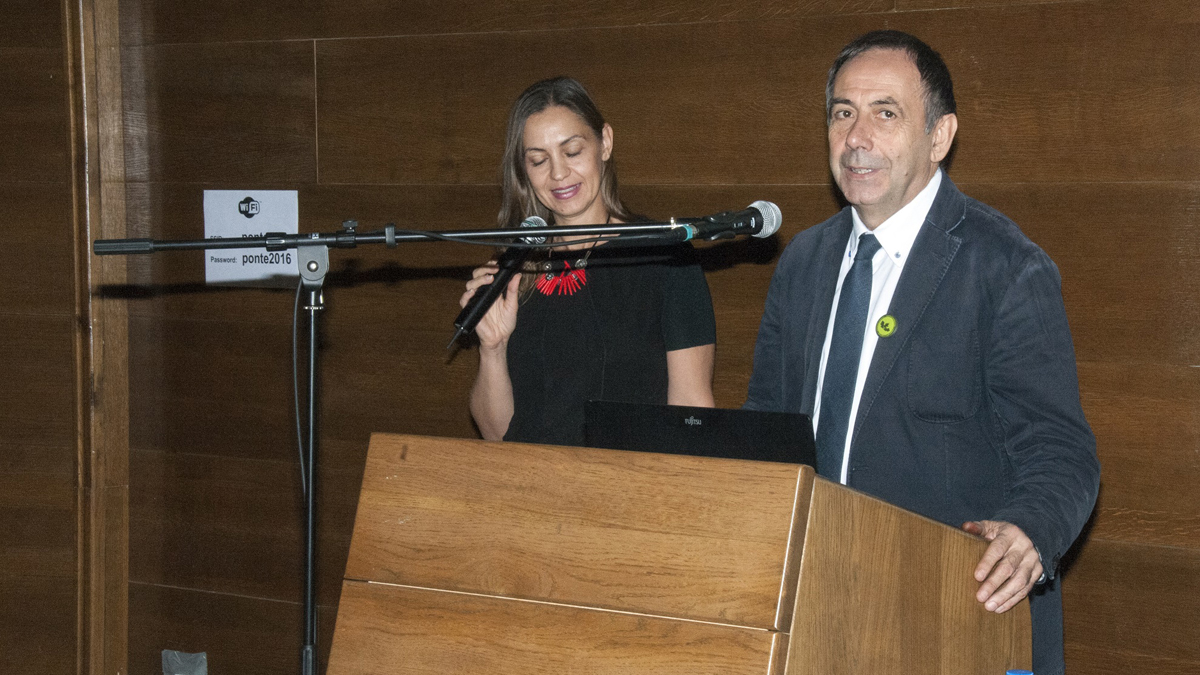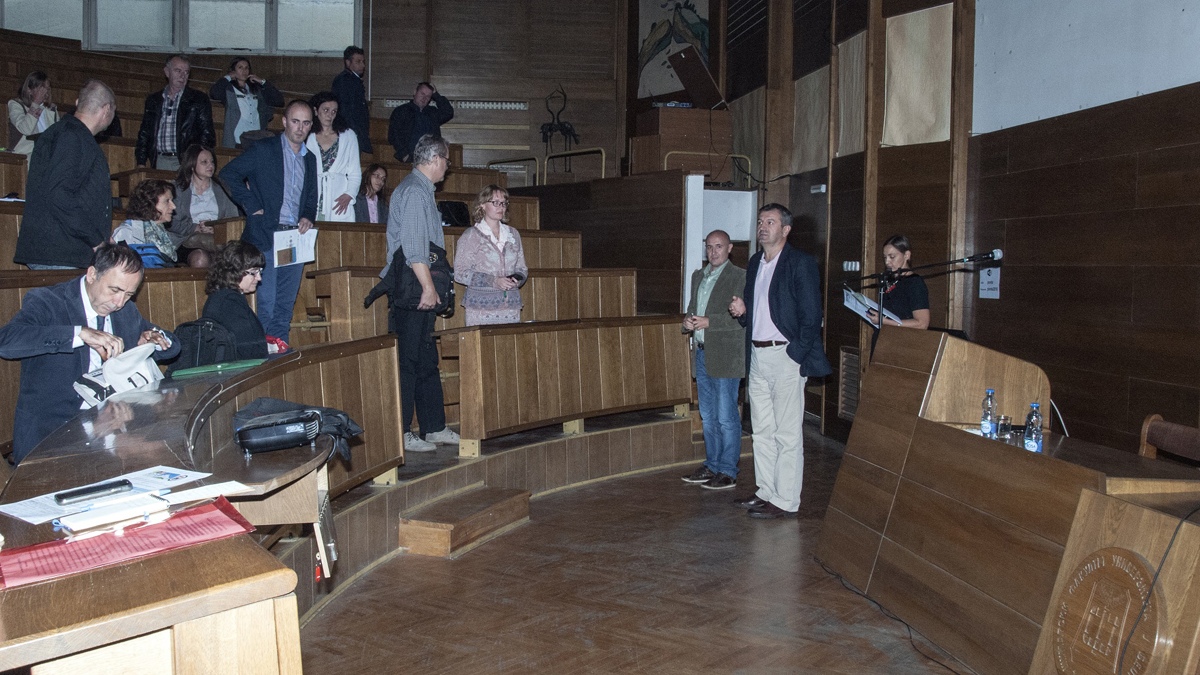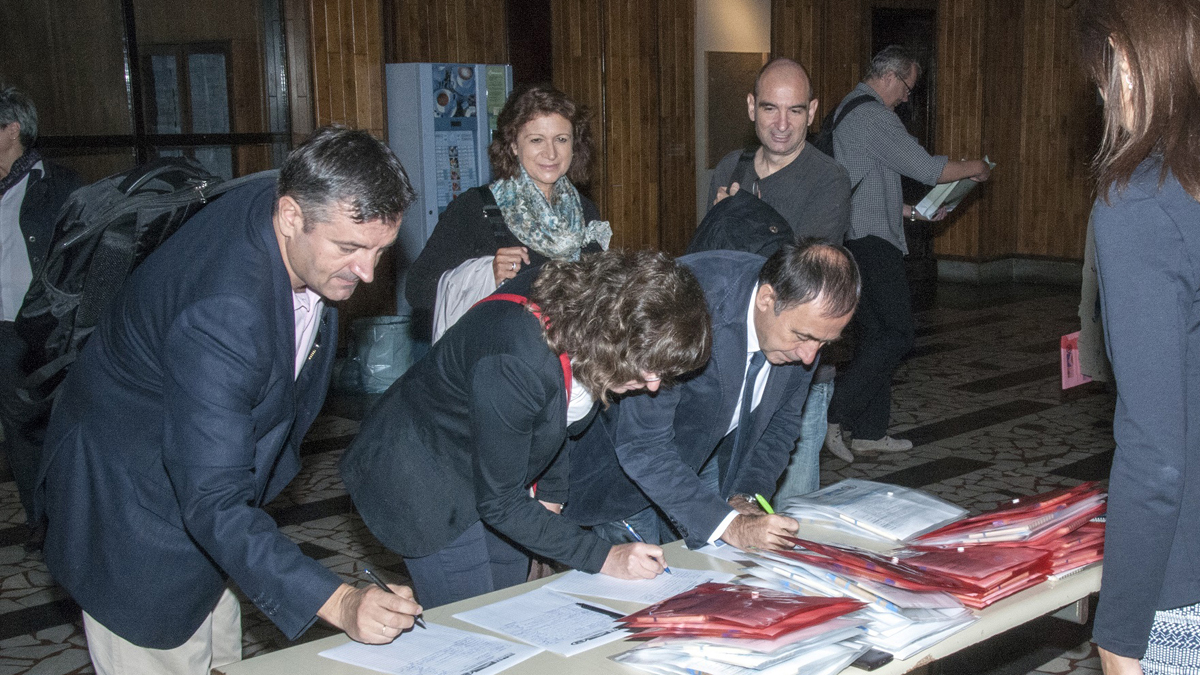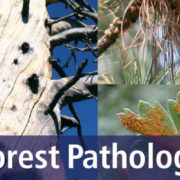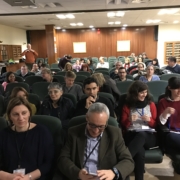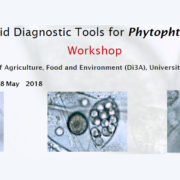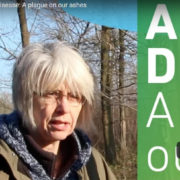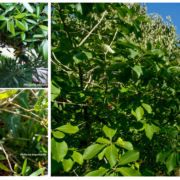Invasive diseases on ash and broadleaved species in Serbia
The one day (September 28th, 2016) training workshop on invasive diseases on ash and broadleaved species was organised by Faculty of Forestry and Faculty of Agriculture (University of Belgrade) at the Faculty of Forestry in Belgrade.
The workshop gathered 53 participants from two Public Enterprises “Srbijašume” and “Vojvodinašume”, but also representatives of National Parks, Institute of Forestry and Institute of Lowland forestry and Environment and other interested groups and stakeholders.
The Workshop was opened with the welcoming word of Prof. Dr. Mirjana Šijačić-Nikolić vice dean of the Faculty of Forestry. She has emphasized the importance of stronger cooperation and joint application for Horizon 2020 calls between EU member states and countries that are on the way to join EU. Representative of the Ministry of agriculture and environmental protection (Dipl. inž. Ljiljana Sovilj) stressed that more information about pests threatening forest ecosystems are necessary to decision makers for preparation of good environmental protection policy at national level.
Aims of the POnTE project were presented to the auditorium by the project leader Dr. Donato Boscia. Main symptoms of Xylella fastidiosa infection as well as so far known tree hosts were presented to the auditorium by Prof. Dr. Aleksa Obradović.
The main part of the workshop was dedicated to the invasive ash dieback pathogen Hymenoscyphus fraxineus and alien invasive Phytophthora species. The situation with the ash dieback in Europe, since it has been for the first time observed in the early 1990’s in north-eastern Poland, was presented by Dr. Rimvydas Vasaitis. The presence of symptoms and confirmed distribution of H. fraxineus were reported, for the first time, for Serbian audience by Prof. Dr. Nenad Keča.
Phytophthora species causing diseases throughout the world were overviewed in the presentation provided by Dr. Ana Perez-Sierra. Damages that introduced Phytophthora spp. can cause in natural habitats were presented to the forestry practitioners. Study on the diversity and distribution of Phytophthora spp. in forest ecosystems and nurseries in Serbia was presented by Dr. Ivan Milenković. At the end of the session, Prof. Dr. Ljiljana Keča presented the awareness of the forestry stakeholders about the presence of ash dieback in Serbia.
All presentations are fully available on University of Belgrade Faculty of Forestry website.
Discussion about invasive pathogen species presence and damages in Serbia was organized to clarify all doubts of Workshop participants. Obtain knowledge will enable participants to improve reporting of these pathogens to the competent institutions and authorities.
